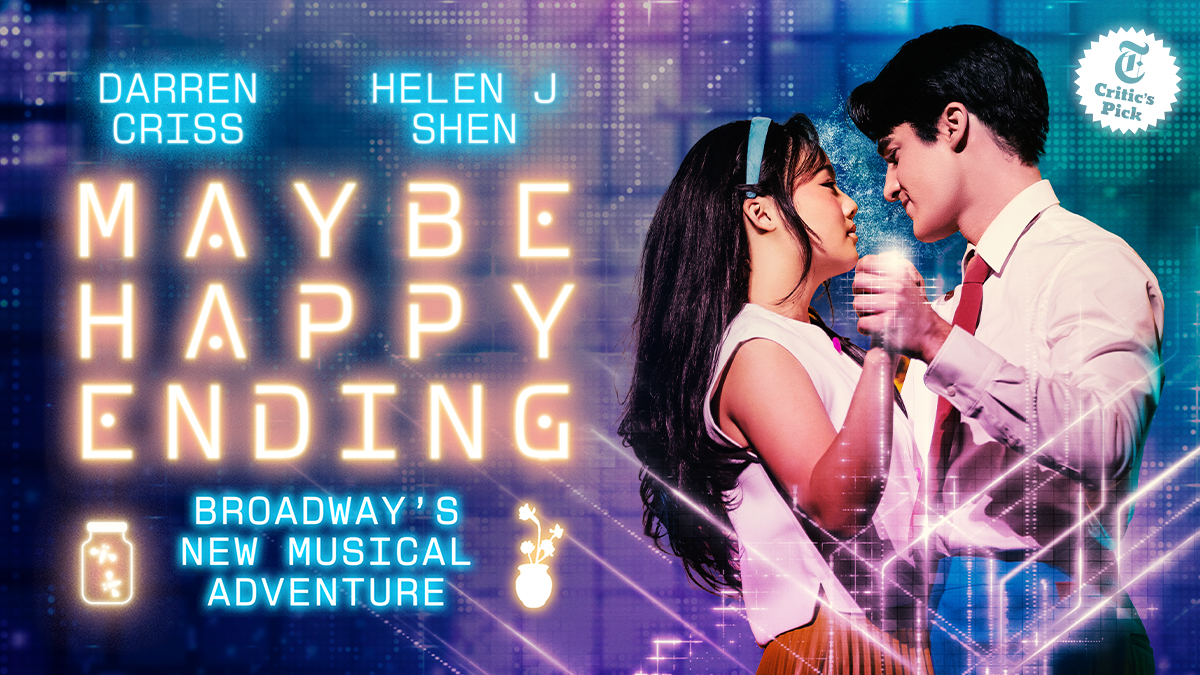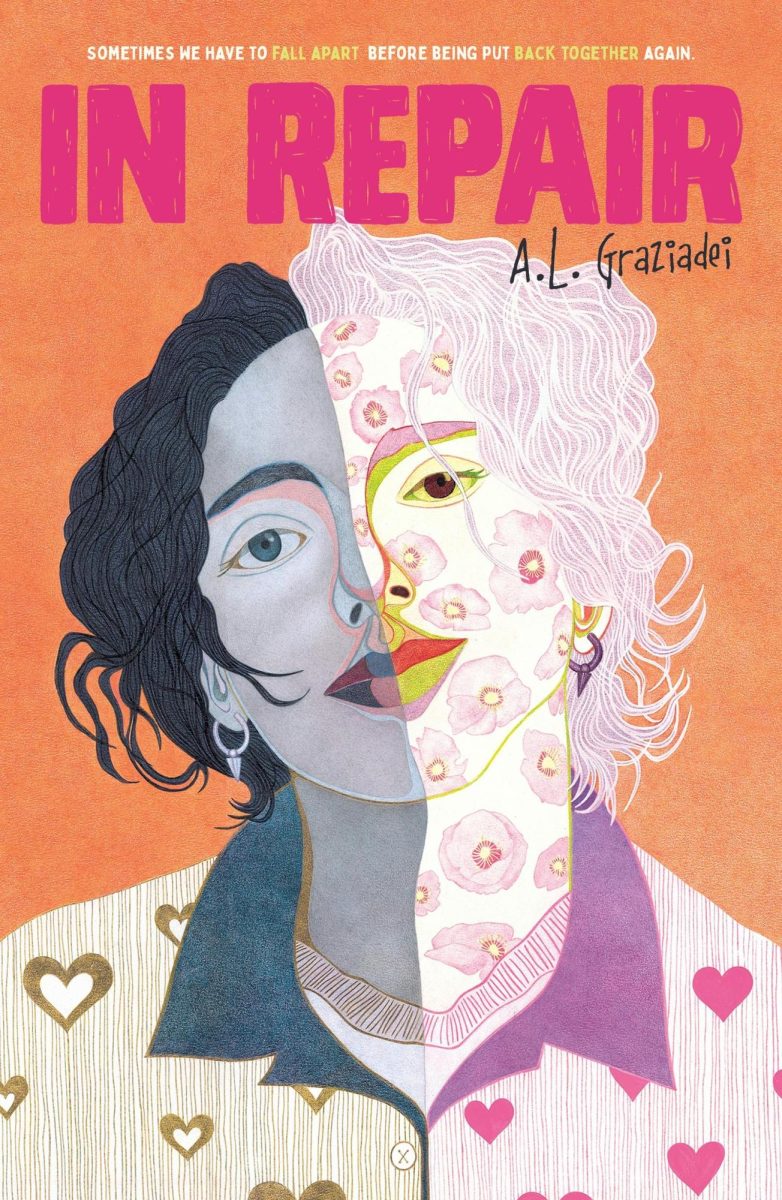
By Michael Zhang
A trend in recent years of profound, amazingly-produced LGBTQ-themed romance films such as Moonlight and Call Me By Your Name has touched a wide variety of audiences and won countless awards. However, the U.S. has yet to have a high-grossing major studio LGBTQ film until the release of Love, Simon: a long overdue emotional and mature teenage rom-com.
The funny and light-hearted nature of Love, Simon did not overshadow but instead complemented the deep, coming-of age theme. Armed with a healthy dose of corniness, this charming film perfectly displays the fear of different. Queer teens would find this film all-too relatable, with incredibly unabashed and genuine themes that persist no matter the day or age. Love, Simon hits all the feelings it is intended to hit by presenting a heartwarming teenage love story without offending anyone in the process. It was also a nice touch to have Simon’s eventual boyfriend be African-American, showing that in addition to gender, race is not a deterrent for love.
While the film is optimistic and well-produced, it is also extremely idealistic. Simon has an almost scarily-perfect close-knit relationship with his family, maintaining special connections with each of his parents as well as his little sister. He lives a comfortable life in a safe middle class neighborhood, and he has a group of friends that are both genuine and loyal. While not every one of Simon’s classmates is ecstatic about his coming-out, his friends and family support him unconditionally, and his classmates eventually come to his side by the end of the film. Simon’s coming-out story had a pretty much perfect resolution, but all the credit has to be given in the environment he lives in. Had he lived in a less affluent community, or hailed from an ethnically minority family, his journey towards gaining acceptance from his family and peers would be tremendously more difficult. It is a popular notion that traditionally, minority groups such as African Americans and Asians are often far less tolerant towards the LGBTQ community than their Caucasian counterparts, and their lasting stigma would make coming out a much more difficult ordeal. Love, Simon makes the assumption that those who are closest to you will have no qualms about accepting you for who you are; in real life, however, that simply isn’t true. Simon is in the minority of LGBTQ teens who have friends and parents that have no problems with his sexuality. His father, who initially made homophobic jokes at the beginning of the film, was extremely eager to change his values in order to respect his son’s new self-embraced identity. The worst reaction to Simon’s coming-out was from two kids who made a cringe-worth attempt to make fun of him in a school cafeteria. They were immediately scolded by a teacher, a laughably tame reaction compared to the hate crimes and incessant bullying that still plague our reality.
Simon’s story starts in a fictional setting that is too perfect and unrealistic, and it ends in a fictional setting that is too perfect and unrealistic. Queer teens who have been inspired by his story to come out should know that the storm they might have to endure could be much more severe. Even though they might face intolerance, his film serves as a reminder to them that people have the freedom to be unapologetic and undaunted when it comes to being themselves.












